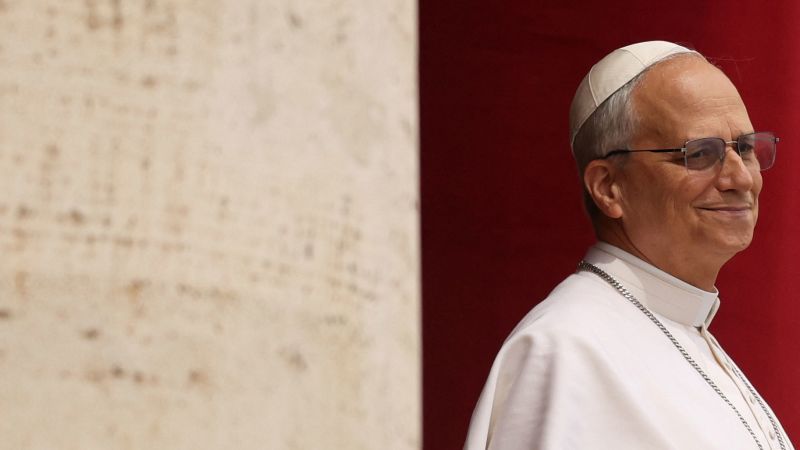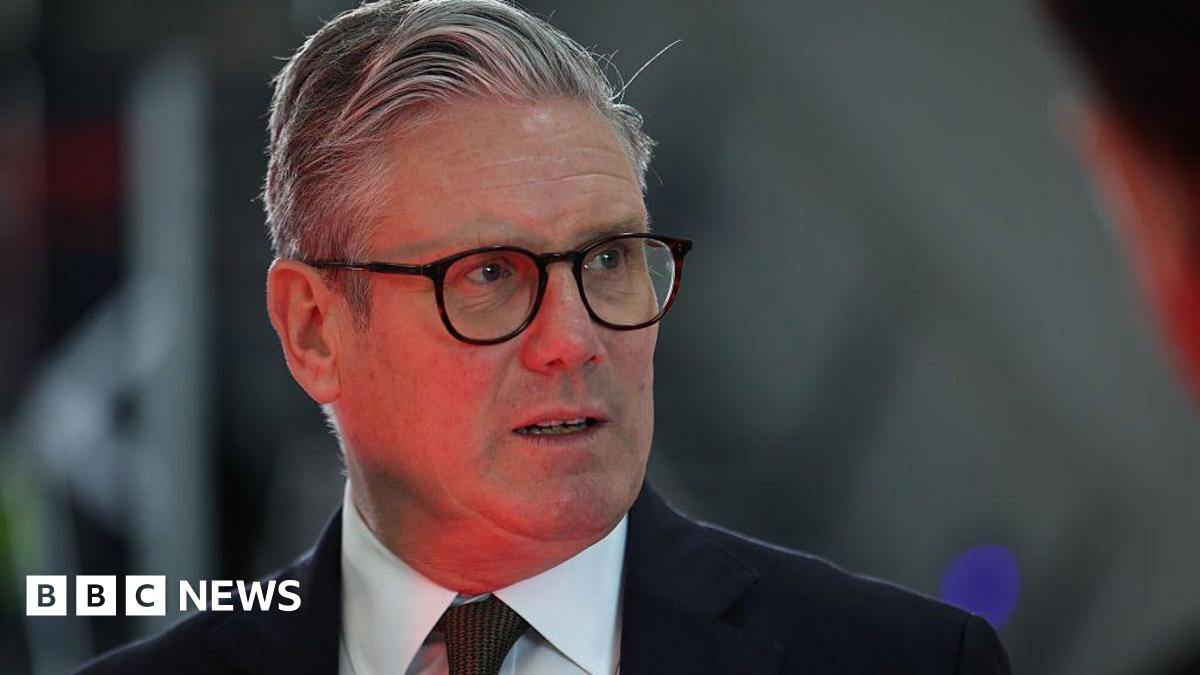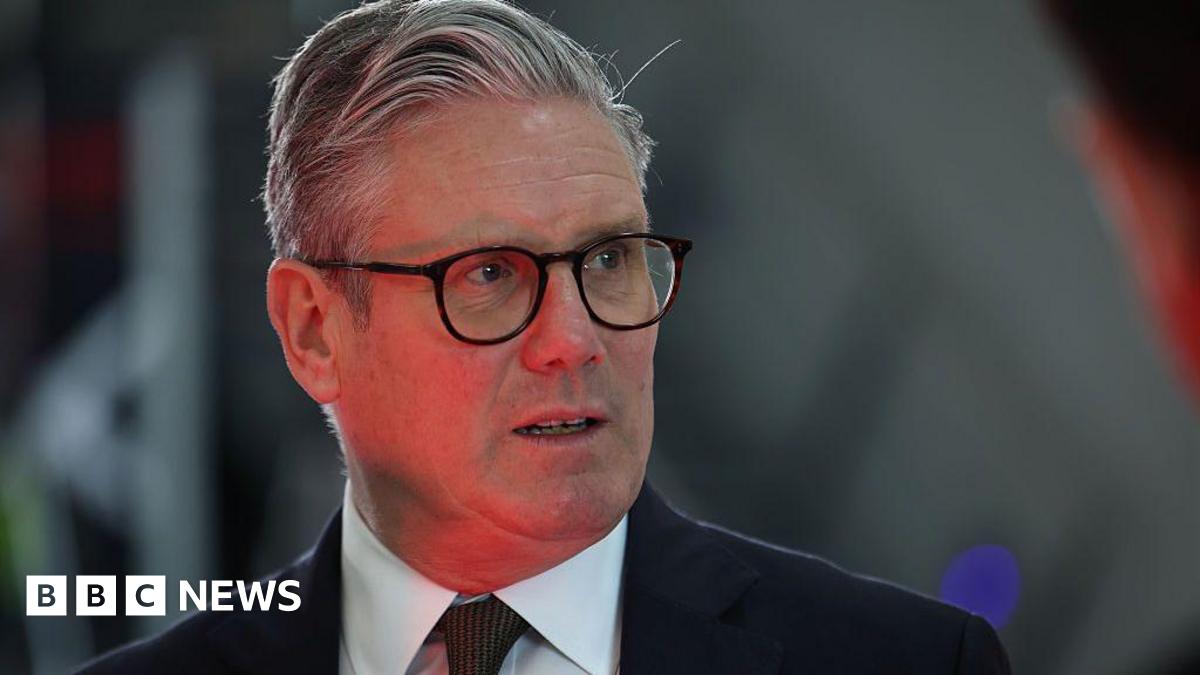Leading The Catholic Church: Pope Leo XIII's Legacy Of Reform

Welcome to your ultimate source for breaking news, trending updates, and in-depth stories from around the world. Whether it's politics, technology, entertainment, sports, or lifestyle, we bring you real-time updates that keep you informed and ahead of the curve.
Our team works tirelessly to ensure you never miss a moment. From the latest developments in global events to the most talked-about topics on social media, our news platform is designed to deliver accurate and timely information, all in one place.
Stay in the know and join thousands of readers who trust us for reliable, up-to-date content. Explore our expertly curated articles and dive deeper into the stories that matter to you. Visit Best Website now and be part of the conversation. Don't miss out on the headlines that shape our world!
Table of Contents
Leading the Catholic Church: Pope Leo XIII's Legacy of Reform
Pope Leo XIII (1878-1903) remains a pivotal figure in the history of the Catholic Church, remembered not only for the length of his papacy but also for his significant contributions to modernizing and reforming the Church in the face of rapid societal changes. His legacy continues to influence Catholic thought and practice today, making understanding his impact crucial for anyone interested in Church history or modern Catholicism.
Navigating the Modern World: The late 19th century was a period of immense upheaval. The rise of industrialization, nationalism, and socialism challenged traditional social structures and religious authority. Leo XIII, acutely aware of these seismic shifts, recognized the need for the Catholic Church to adapt and engage with the modern world without compromising its core tenets. This wasn't a simple task; he faced considerable internal resistance to reform, particularly from conservative factions within the Church hierarchy.
Key Reforms and Encyclicals: Leo XIII's papacy is defined by a series of significant encyclicals—papal letters addressed to the entire Church—that addressed crucial social and political issues of the time. These documents are not merely historical artifacts; they continue to inform contemporary Catholic social teaching.
-
Rerum Novarum (1891): Arguably his most famous encyclical, Rerum Novarum addressed the plight of workers during the Industrial Revolution. It condemned both unfettered capitalism and socialist ideologies, advocating instead for a "just wage," the right to organize, and the importance of private property tempered by social responsibility. This groundbreaking document laid the groundwork for Catholic social teaching on economic justice and continues to be cited in discussions on economic inequality and worker rights. It profoundly impacted the development of Catholic social thought and spurred the formation of Catholic social movements globally.
-
Immortale Dei (1885): This encyclical addressed the relationship between Church and state, advocating for the independence of the Church from state control while also emphasizing the importance of religious values in public life. It reinforced the Church's authority and its role in shaping moral values within society.
-
Providentissimus Deus (1890): This encyclical emphasized the importance of biblical studies and scholarship in theological education, encouraging a more rigorous and scientifically informed approach to understanding the Bible. This marked a shift towards a more engaged and scholarly approach to Catholic theology.
Beyond Encyclicals: Promoting Education and Dialogue: Leo XIII understood the crucial role of education in shaping society and the Church's response to modernity. He championed Catholic education at all levels, emphasizing its importance in transmitting faith and fostering intellectual growth. He also actively engaged in interfaith dialogue, seeking common ground with other religious traditions and fostering a spirit of mutual respect.
Leo XIII's Enduring Legacy: Pope Leo XIII's legacy extends far beyond his numerous writings and reforms. His commitment to adapting the Church to the challenges of modernity, while staying true to its core beliefs, continues to be a source of inspiration and debate within the Catholic Church. His emphasis on social justice, the dignity of the human person, and the importance of religious education remain cornerstones of Catholic social teaching. Understanding his contribution to Catholic thought and practice is crucial to grasping the complexities of the Church's history and its ongoing engagement with the contemporary world. To delve deeper into his life and work, consider exploring biographies and academic studies dedicated to his papacy and its impact. His impact continues to shape the conversation about faith, society, and the role of the Church in the 21st century.

Thank you for visiting our website, your trusted source for the latest updates and in-depth coverage on Leading The Catholic Church: Pope Leo XIII's Legacy Of Reform. We're committed to keeping you informed with timely and accurate information to meet your curiosity and needs.
If you have any questions, suggestions, or feedback, we'd love to hear from you. Your insights are valuable to us and help us improve to serve you better. Feel free to reach out through our contact page.
Don't forget to bookmark our website and check back regularly for the latest headlines and trending topics. See you next time, and thank you for being part of our growing community!
Featured Posts
-
 Hamass Announcement Imminent Release Of American Hostage Edan Alexander Expected
May 13, 2025
Hamass Announcement Imminent Release Of American Hostage Edan Alexander Expected
May 13, 2025 -
 James Johnson To The Pacers A Controversial Nba Trade
May 13, 2025
James Johnson To The Pacers A Controversial Nba Trade
May 13, 2025 -
 Broken Immigration System Pm Vows Stricter Visa Regulations
May 13, 2025
Broken Immigration System Pm Vows Stricter Visa Regulations
May 13, 2025 -
 Pms Tough New Visa Rules Overhauling The Uks Broken Migration System
May 13, 2025
Pms Tough New Visa Rules Overhauling The Uks Broken Migration System
May 13, 2025 -
 Dramatic Finish Golden Knights Score In Final Seconds To Win Game 3 Against Oilers
May 13, 2025
Dramatic Finish Golden Knights Score In Final Seconds To Win Game 3 Against Oilers
May 13, 2025
Latest Posts
-
 Mandelsons Dismissal A Deeper Look At The Controversial Face Of Evil Headline
Sep 13, 2025
Mandelsons Dismissal A Deeper Look At The Controversial Face Of Evil Headline
Sep 13, 2025 -
 Political Fallout Analyzing The Face Of Evil And Mandelson Dismissal
Sep 13, 2025
Political Fallout Analyzing The Face Of Evil And Mandelson Dismissal
Sep 13, 2025 -
 Star Trek Strange New Worlds Season 3 Finale Anson Mount Discusses Pikes Fate
Sep 13, 2025
Star Trek Strange New Worlds Season 3 Finale Anson Mount Discusses Pikes Fate
Sep 13, 2025 -
 Brian Cashman Provides Straight Talk On Anthony Volpes Yankees Prospects
Sep 13, 2025
Brian Cashman Provides Straight Talk On Anthony Volpes Yankees Prospects
Sep 13, 2025 -
 Giants Pitcher Chapman Escapes Suspension Receives Fine Instead
Sep 13, 2025
Giants Pitcher Chapman Escapes Suspension Receives Fine Instead
Sep 13, 2025
